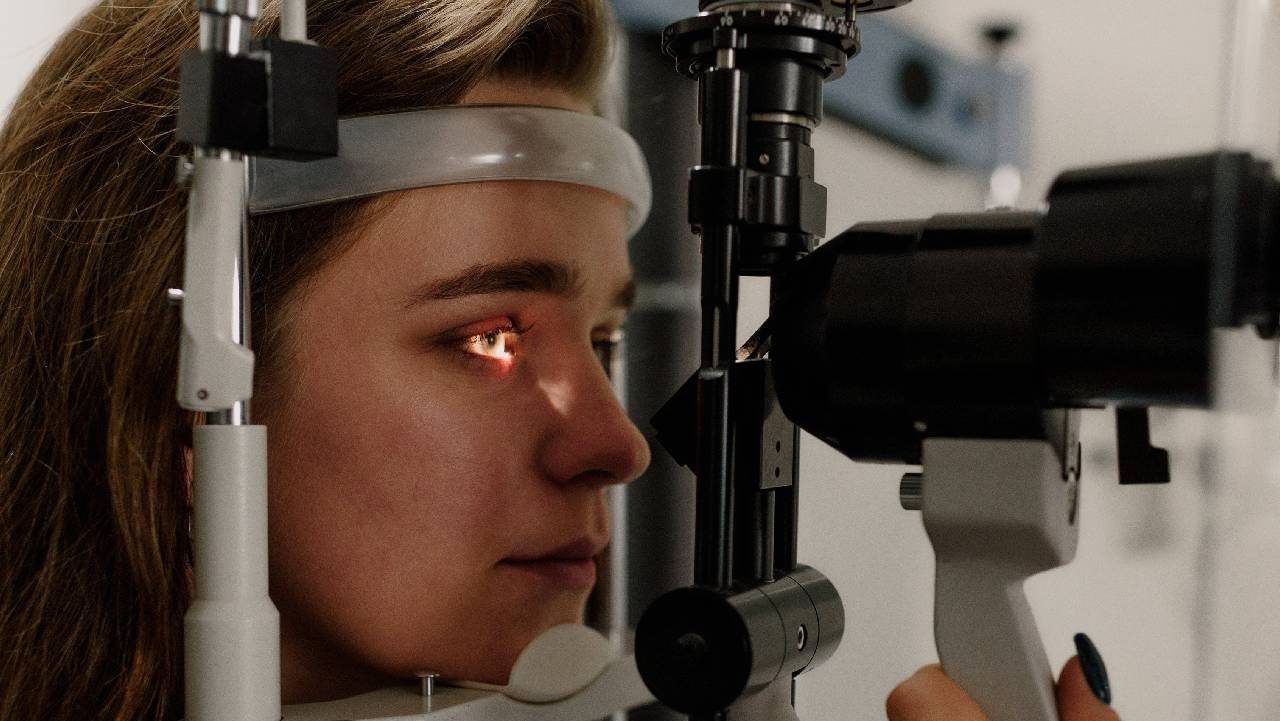New Delhi: Now that the festivities are all but wrapped up, one can get back to their normal health routine and practices. It is possible for us to have been callous about the upkeep of our health and have neglected the same.
But post Diwali, here are a few tips on how one can get right back on track. We kickstart this series with eye health which could have been worse hit thanks to the pollution or even the lights during the season.
Here’s how one can keep eye health sound:
General tips for eye health
1. Opt for regular eye exams: The Indian Academy of Pediatrics (IAP) advises that children have their first eye exam at 6 months of age. Follow-up evaluations should occur at ages 3 and 5-6 years, ideally before starting school. These regular eye exams are essential for early detection of vision issues and ensuring your child’s visual health is monitored as they grow.
2. Healthy Diet: It is vital for maintaining your child’s eye health because it supplies essential nutrients that support optimal vision and protect against eye diseases. Vitamins A, C, and E, along with minerals like zinc, play key roles in maintaining healthy eyes. Foods such as carrots, spinach, and citrus fruits provide these nutrients, helping to prevent conditions like night blindness and macular degeneration. A balanced diet ensures your child’s eyes get the necessary nourishment for proper growth and function.
3. Proper Lighting: The proper lighting is crucial to prevent eye strain during reading and studying, especially in areas with adequate natural light or well-designed artificial lighting. Review the best lighting conditions for your child’s study and reading spaces and seek recommendations for lighting adjustments if needed.
4. Screen Time Management: Limit screen time as much as possible. Any amount of screen time is unsafe for children less than 1-2 years of age, so limit it only to video calls when essential. Above the age of 2 years, limit screen time to only educational activities. Increased screen time causes digital eye strain, progressive increase in refractive error as well as overall health disorders such as social anxiety, attention deficit hyperactivity disorder, and obesity among others
Discuss effective strategies for managing screen time and ensuring regular breaks to prevent eye strain and digital fatigue.
5. UV Protection: UV protection is crucial for maintaining your child’s eye health because excessive exposure to ultraviolet rays can damage delicate eye structures, increasing the risk of cataracts, macular degeneration, and other vision problems later in life. Protecting your child’s eyes with UV-blocking sunglasses and hats helps shield them from harmful rays and reduces the risk of long-term damage. By prioritizing UV protection, you ensure their eyes remain healthy and safeguard their vision for the future.
6. Addressing Vision Problems Early: Addressing vision problems early is crucial, as early detection can prevent more severe issues. Look out for signs such as frequent eye rubbing, squinting, or trouble seeing objects up close or from a distance. Be attentive to these symptoms and review any concerns with your child’s eye health. Identifying and correcting vision problems, such as refractive errors or eye misalignments, helps ensure optimal visual development and academic performance. Discussing these signs with a professional can help determine if further evaluation or treatment is necessary to ensure your child’s visual health.
7. Corrective Lenses: Corrective lenses are essential for children with vision prescriptions, as consistent use ensures effective correction and prevents conditions from worsening. It’s crucial to adhere to the prescribed wearing schedule and address any issues with the fit or prescription. Regularly discuss with your child’s eye care provider to confirm the importance of these lenses and update the prescription if necessary to maintain optimal visual health.
